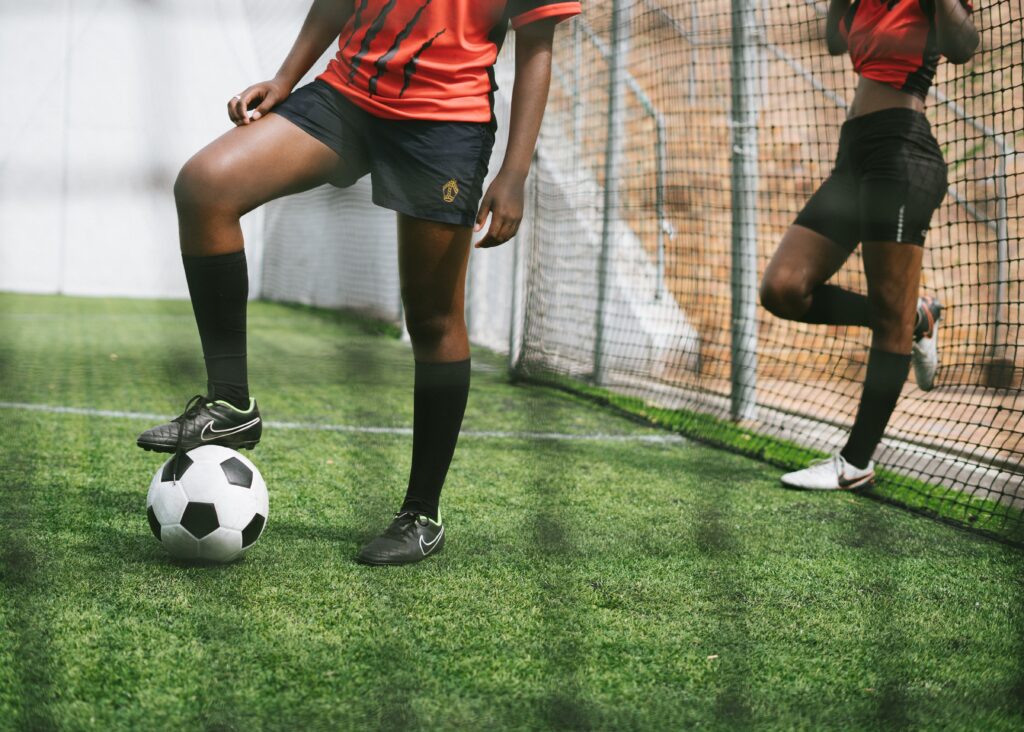Featured image: RF._.studio
There I was, writing a piece about Kevin Keegan’s comments earlier this week on how he has “a problem” with female football pundits. Why he felt the need to say “I don’t like to listen to ladies talk about the England men’s teams at the match because I don’t think it’s the same experience.” It got me thinking about other problems women face in sport and why we are treated differently. The 72-year-old must be one of those old, castaway presenters that (to let him off lightly) holds these views because he belongs to a ‘certain’ generation. This was supposed to be an article in response to him, but things have changed.
While writing this, I found examples of inappropriate comments targeted towards women in my own student community. It occurred to me that this wasn’t another story that the news had blown up, a story that would be forgotten in a couple weeks. This is a story that plays out every day, but is casually brushed away or dealt with behind closed doors.
I watched an MMU Rugby match against St Andrews on the university’s Matchday Live live stream. The majority of the posts were about the players or the match. But there were also some comments about the female commentator’s voice. A person posted that they thought she “sounded hot” and she “sounded like a 8, potentially an 8.5”. In my first watch of a rugby match, I was already reading belittling comments towards the female commentator.
I contacted Matchday Live and St Andrews University to see if they would like to comment on the incident. “Everyone concerned with Matchday Live is extremely disappointed at this incident and we are undertaking a full investigation. These comments are deplorable and we condemn this thoughtless misogyny and sexism completely,” said Vince Hunt, editor of MDL, and Phil Cook, Head of Development at MMU Sport.
“Matchday Live’s aim is to offer the best and most insightful coverage of university sport that we can and to develop individuals who want to advance their broadcasting skills in a live environment. Our female commentator has rightly received much praise for her coverage and we value her knowledge and ability: remarks like this are crass, unsavoury and unwelcome and belong to another age.
“As part of this process we have informed our colleagues at St Andrews, who are also looking into this matter. There is no place for sexist behaviour and misogyny in sport and sports-related broadcasting and we will take any action necessary to end it.”
Stephen Stewart, Director of Sport and Exercise at the University of St Andrews also addressed the comments: “This abhorrent behaviour falls well below what we expect from our students. We have a zero-tolerance approach to sexism, misogyny, and any form of discrimination no matter how it is perpetrated. We have taken steps through our misconduct discipline procedures with the students in question. St Andrews aspires to be a beacon of inclusivity, whose values are founded on tolerance, respect and our one club approach.”
The two responses echo the same principles. After the issue was raised, the two students were identified at St Andrews and the incident is being dealt with. Why should we take these things so seriously? The answer is simple. A Women in Football survey earlier this year found that 82% of women working in football had experienced discrimination at work. This included sexism, sexual harassment and derogatory comments about ability and gender. The fact that so early in her career, this female commentator was already being faced with derision like this is shocking. As an aspiring sports journalist, who is also female, it was disappointing to read. I knew these comments would likely be labelled ‘a joke’ or ‘banter’. Maybe even some would call it a ‘compliment’. But it’s not. It’s nowhere near.
The significance is far more than two students making crass comments. Where do we draw the line between harmless and harmful? We don’t. Words have consequences. Comments like these only make things worse. They start to open more misogyny and harm into a knowingly tough work environment for women behind the mask of ‘funny’ and ‘harmless’.
When I read about Kevin Keegan, part of me thought surely nobody thinks that way anymore? I realise now, I was naive to ever think that. There has been a rise in women working in sport, we are now greeted with women presenters on our TVs, we read match reports and listen to interviews all done by female colleagues. Women working in sport should be treated equally to men. So when we are still faced with inappropriate comments from students, the ‘younger’ generation, it just shows how much more we need to support and protect women in sport.






Leave a reply